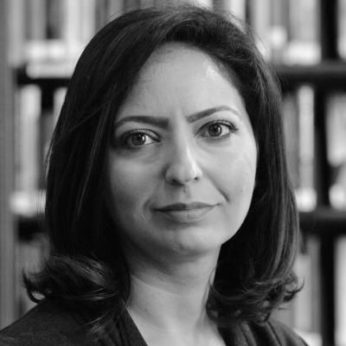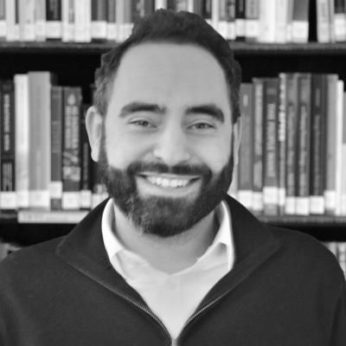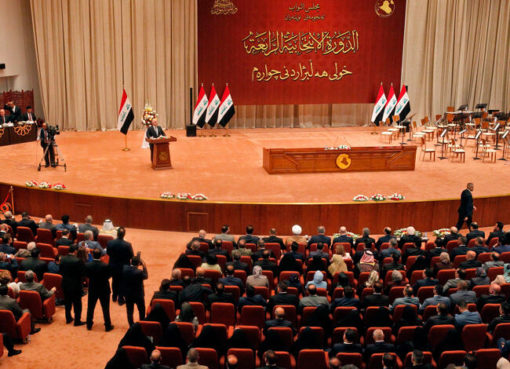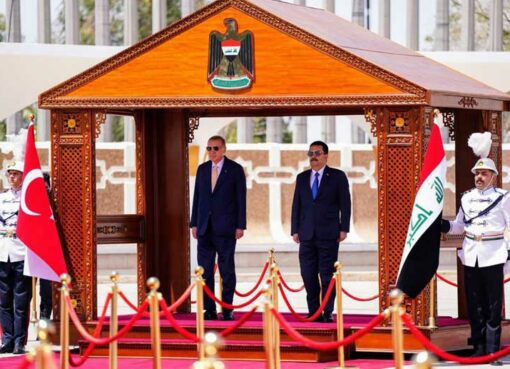This paper explores the nature of social power in Iraq and Lebanon, and its implications for understanding the role of the state in both countries. The paper argues that the very concept of the ‘state’, as often understood by Western policymakers, implies a binary division between official and unofficial structures – between state and non-state – that does not reflect more fluid on-the-ground realities.
In both countries, state power resides to a large degree in horizontal relationships among elements of the elite, in vertical relationships between the elite and citizens, and in interactions between these two axes. Political parties, armed groups and societal leaders compete and cooperate with each other, while relying on ideology, economics and violence to maintain and exercise power.
Western policymakers need to take into account these systems of social power, acknowledge their resilience, and stop thinking in terms of state ‘failure’ but rather in terms of accountability when engaging with governance and security issues in Iraq and Lebanon.
Summary
Disillusionment with an unaccountable and incoherent political system and elite political class has pushed many Iraqis and Lebanese into feeling that their countries are effectively stateless. Western policymakers also often share this interpretation of the governance picture, at times labelling Iraq and Lebanon as failed or failing states.
Yet in a practical sense, the state in some form is very much present in both countries, even though it may not appear so to those who define the state as a concept emerging from European history. In both countries, state power is not vested principally in formal institutions, but resides to a considerable degree in horizontal power relationships among elements of the elite, in vertical power relationships between the elite and citizens, and in interactions between these two axes.
This paper interrogates the nature and effects of these power relationships. It takes as its starting point the proposition that power in Iraq and Lebanon is not fixed. Although formal structures do play a role, power is principally exercised socially: through competition and cooperation between diverse actors such as political parties, armed groups and societal leaders. Such practices are also responses to the instability that has beset each country’s political system.
Iraqi and Lebanese leaders rely on an array of tools to maintain power in this way. These tools fall into three broad categories – ideology, economics and the use of violence – and interact with the institutions of government and with society. The leader or group that maintains effective relationships both ‘horizontally’ and ‘vertically’ can be said to enjoy power in the state.
For the past several years, the Iraqi and Lebanese states have faced a seemingly imminent and existential threat. They have often been characterized as on the brink of collapse. Protests and bottom-up challenges to the ruling elite have led to movements calling for revolution. Infighting between parties and leaders – epitomized by repeated delays in the choosing of prime ministers or cabinets – has revealed intense fragmentation. However, state collapse has not materialized in either country because state power has not been confined to government institutions. Instead, social systems of power have proven durable thus far. Fragility in power systems, rather than the absence of the so-called ‘neo-Weberian’ institutionalized state, is the key to understanding whether Iraq and Lebanon are indeed on the verge of collapse or are simply muddling through successive crises.
For Western policymakers, understanding the nature of social power in Iraq and Lebanon is critical to addressing persistent questions about state fragility and to formulating realistic responses. Policy thinking should focus not only on the fragility or so-called hybridity of institutions or actors per se, but also on the systems of social power in place. Acknowledging these systems provides a more realistic framework in which to implement policy.
Download PDF
2021-04-21-where-is-the-state-iraq-lebanon-mansour-khatib

(*) Dr Lina Khatib: Director, Middle East and North Africa Programme

(**) Renad Mansour: Senior Research Fellow, Middle East and North Africa Programme; Project Director, Iraq Initiative








Comment here